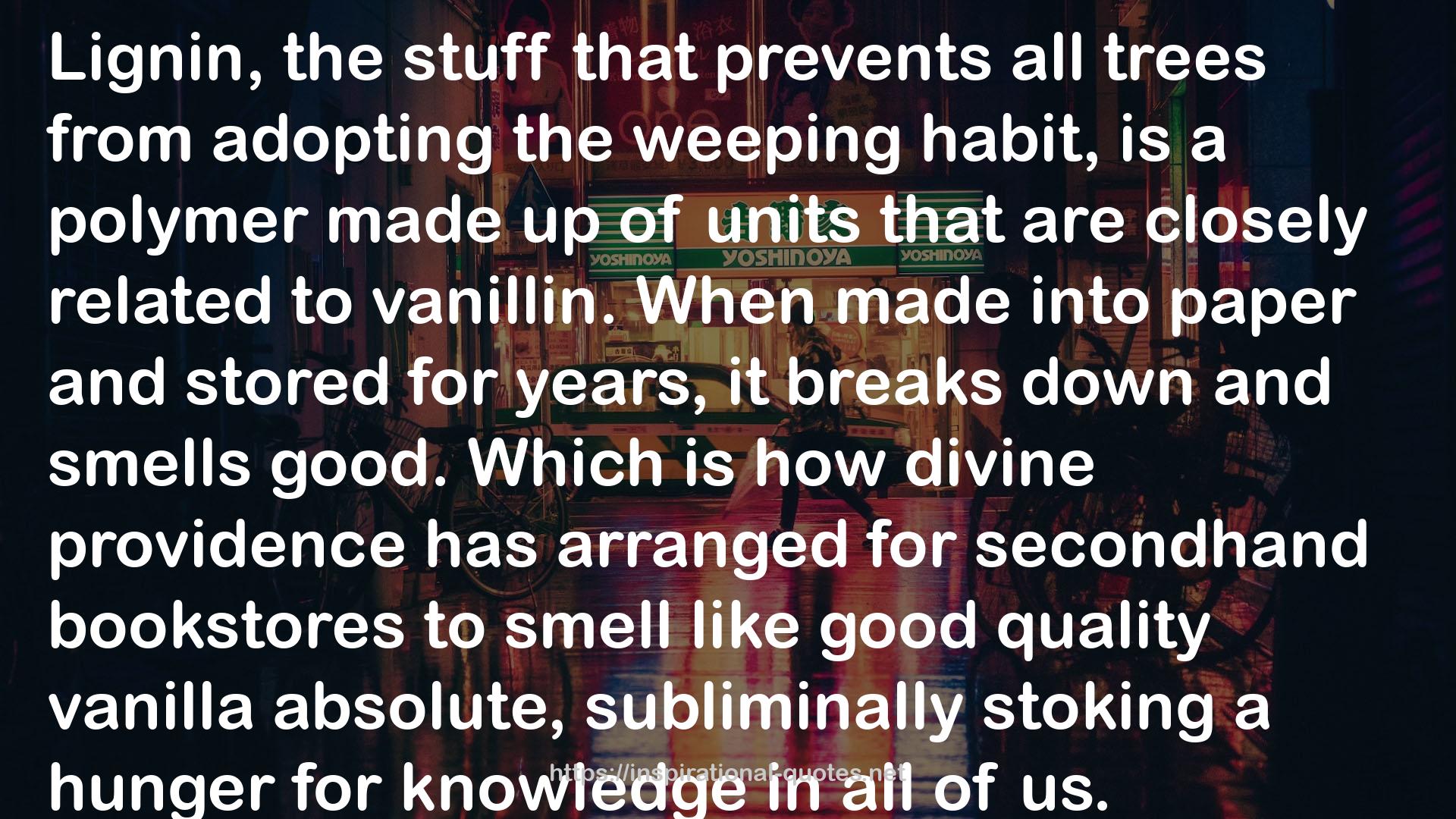Perfumes: The Guide QUOTES
SOME WORKS
- The Looking Glass (The Locket, #2)
- Altruista – anomalije srca
- Golan!
- The Elder Gods (The Dreamers, #1)
- Kingdom Principles: Preparing for Kingdom Experience and Expansion (Understanding the Kingdom)
- The Art of Rick and Morty
- Mistaken For The Mob (The Mob #1)
- A Gambling Man (Archer, #2)
- Ann Judson: A Missionary Life for Burma: A Biography, Including Selections from Her Memoir and Letters
- The Grave's a Fine and Private Place (Flavia de Luce, #9)

